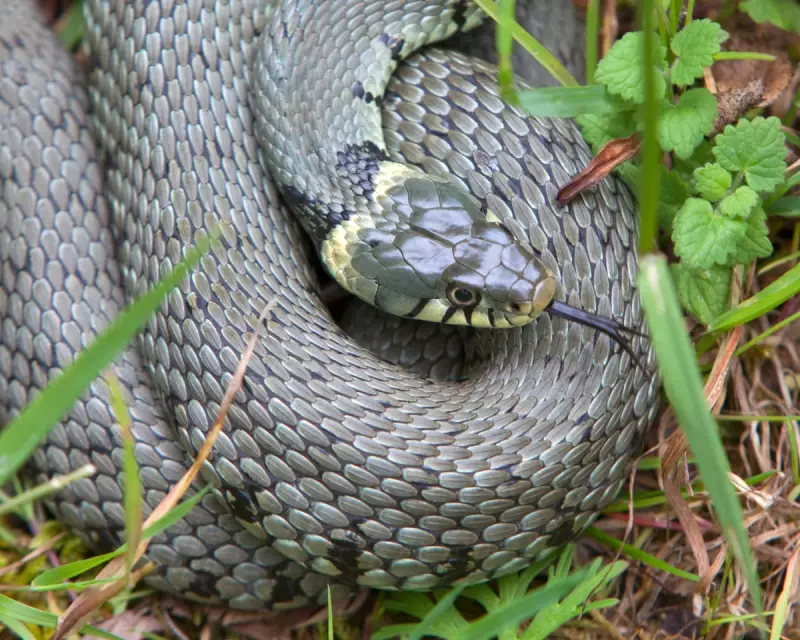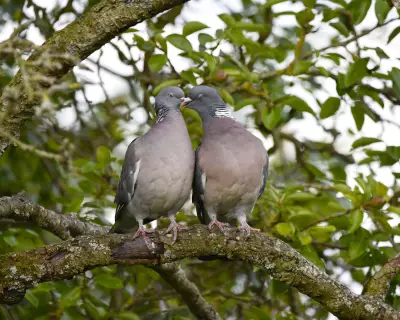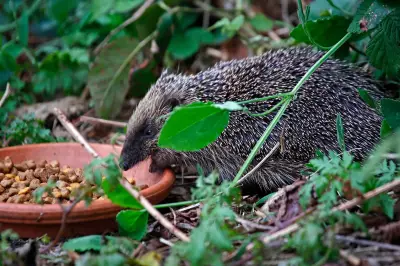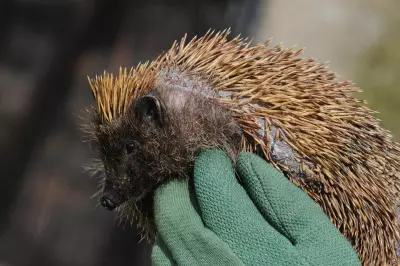
Often overlooked and sometimes feared, grass snakes (Natrix helvetica) are actually one of Britain's most valuable garden visitors. These harmless reptiles perform an essential service in our ecosystems, yet their contributions frequently go unnoticed.
Nature's Pest Control
As expert hunters of slugs, snails, and small rodents, grass snakes provide natural pest control that helps maintain the delicate balance of our gardens and countryside. A single adult snake can consume hundreds of garden pests each season, reducing the need for chemical interventions.
An Indicator of Ecosystem Health
Ecologists consider grass snakes to be important bioindicators. Their presence signals a healthy, biodiverse environment with clean water sources. The disappearance of these reptiles often serves as an early warning of ecological degradation.
Surprising Facts About Grass Snakes
- Britain's largest native snake species, growing up to 150cm
- Completely non-venomous and harmless to humans
- Excellent swimmers that often hunt in ponds and streams
- Play dead when threatened, emitting a foul-smelling liquid
Conservation Concerns
Despite their ecological importance, grass snake populations face multiple threats:
- Habitat loss due to urban development
- Pollution of freshwater ecosystems
- Accidental killing by gardeners who mistake them for adders
- Climate change affecting their hibernation patterns
Wildlife experts urge gardeners to create snake-friendly habitats by leaving compost heaps undisturbed, maintaining ponds, and avoiding pesticide use. These simple measures can help ensure these beneficial reptiles continue their important work in British ecosystems for generations to come.






